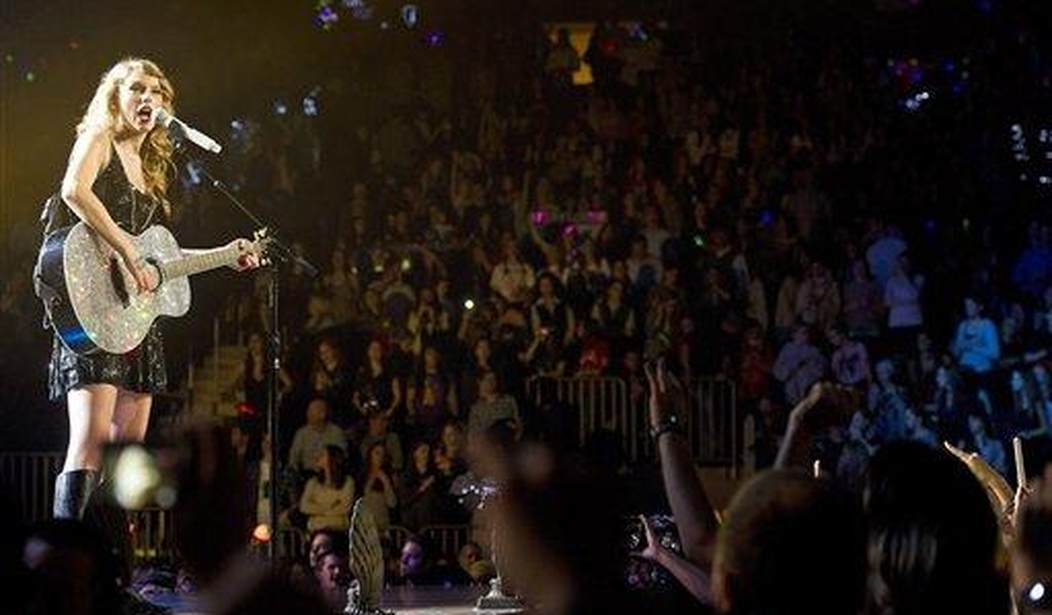On Thursday, the Department of Justice (DOJ) sued Ticketmaster and its parent company Live Nation for allegedly blocking competition in the live entertainment industry.
The lawsuit, which had been expected, was filed in New York by the DOJ and 30 states and district attorneys general. According to multiple reports, the lawsuit seeks a jury trial and a breakup of the company.
CNN noted that the lawsuit derived from hiccups with ticket sales for Taylor Swift’s “Eras” tour in 2022. As a result, prosecutors allege the Live Nation’s goal was to monopolize the live events industry by cutting deals with the largest venues in the United States to ensure that their events were ticketed through the platform.
“We allege that Live Nation relies on unlawful, anticompetitive conduct to exercise its monopolistic control over the live events industry in the United States at the cost of fans, artists, smaller promoters, and venue operators,” said Attorney General Merrick Garland in a statement about the lawsuit.
“The result is that fans pay more in fees, artists have fewer opportunities to play concerts, smaller promoters get squeezed out, and venues have fewer real choices for ticketing services. It is time to break up Live Nation-Ticketmaster.”
In a statement released Friday, Live Nation called the DOJ’s allegations “absurd” (via Live Nation):
Recommended
The complaint—and even more so the press conference announcing it—attempt to portray Live Nation and Ticketmaster as the cause of fan frustration with the live entertainment industry. It blames concert promoters and ticketing companies—neither of which control ticket prices—for high ticket prices. It ignores everything that is actually responsible for higher ticket prices, from increasing production costs to artist popularity, to 24/7 online ticket scalping that reveals the public’s willingness to pay far more than primary tickets cost. It blames Live Nation and Ticketmaster for high service charges, but ignores that Ticketmaster retains only a modest portion of those fees. In fact, primary ticketing is one of the least expensive digital distributions in the economy.
It is also absurd to claim that Live Nation and Ticketmaster are wielding monopoly power. The defining feature of a monopolist is monopoly profits derived from monopoly pricing. Live Nation in no way fits the profile. Service charges on Ticketmaster are no higher than elsewhere, and frequently lower. And even accounting for sponsorship, an advertising business that helps keep ticket prices down, the company’s overall net profit margin is at the low end of profitable S&P 500 companies.
Live Nation and Ticketmaster merched in 2010. Reportedly, the company owns and operates more than 265 entertainment venues in North America, including more than 60 of the top 100 amphitheaters. The complaint claims that through Ticketmaster, Live Nation controls about 80 percent or more of major concert venues’ primary ticketing for concerts.
CNBC noted that in the Taylor Swift situation, specifically, steep prices for shows in the United States led thousands of people to buy tickets to tour dates overseas, which was often cheaper, even after calculating international air travel.
“Music fans in the United States are deprived of ticketing innovation and forced to use outdated technology while paying more for tickets than fans in other countries,” the DOJ said in a press release.

























Join the conversation as a VIP Member